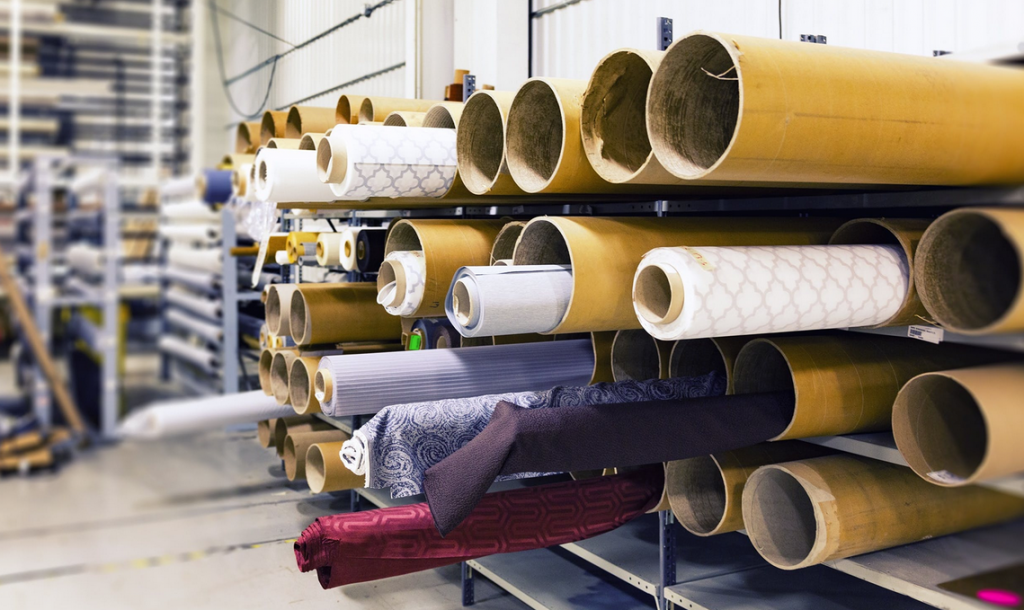Around the world, millions of people are realizing the potential of their own ingenuity and initiative by producing their own goods for sale. Take a look at the comments section of any DIY blog and you’ll see fellow home business pioneers from places like Russia, India, Australia and many others. A vibrant, worldwide community of small businesses is creating its own sub-economy which is neither dependent, nor especially observant of the traditional means of developing revenue. While this independence from the mainstream world of industrial production is exciting and frequently lucrative, it also produces blind spots that larger corporations avoid through trend reports, industry standards and proprietary historical data. The most important of these blind spots is safety. Industrial safety practices are based on years of experience and are in place to help large companies avoid huge costs resulting from mishaps. You’re operation may be in your spare room, but you can benefit from knowing and applying your own safety program at home. Stay safe and productive by following these four tips for safely manufacturing your own products.
Know the Dangers
You don’t have the data and years of experience that major manufacturers do, but you do have a powerful research tool at your disposal. The internet is virtually bursting with safety data, and it’s not difficult to find information related to your specific task. Safety professionals have a highly visible online presence and share their findings openly through publicly available documentation. A well-constructed phrase applied to your favorite search engine should yield an overabundance of information regarding the specific risks you face in your line or work.
Research Industry Standards
As a home manufacturer, you may not be subject to rules and regulations that govern larger corporations, but those rules were put in place for very specific reasons, and it wouldn’t hurt to research those related to your industry. The authority on workplace safety regulations in the U.S. Is the Occupational Health and Safety Administration of the Department of Labor. The OSHA website, www.osha.gov, contains industry safety regulations governing everything from operating loaders with attachments such as 4 in 1 buckets to SCUBA diving. Not only will you learn the industry standard for completing tasks safely, you will also be in compliance with government regulations should you decide to expand your business in the future.
Invest in Personal Protective Equipment
Your safety is in your hands, and it isn’t expensive to equip yourself with the appropriate Personal Protective Equipment, or PPE. PPE are the instruments of safety, and they include items such as ear plugs, safety glasses, hard hats and gloves. There is absolutely no reason why you shouldn’t utilize the greatest level of protection available to you that is suitable to your task. Your research into industry safety standards will guide you in purchasing PPE, and there are a multitude of sources where you can find it affordably.
Make a Personal Investment
Our first three points are meaningless if you’re not willing to take safety seriously. Maybe you’re simply making jewelry at your dining room table and don’t think a high degree of safety really applies task. Maybe you’ve completed a hazardous task several times without incident and feel like that justifies a disregard for safety. You must understand that the goal is not to develop an unquestioning loyalty to safety itself, but to be willing to apply a reasonable degree of safety to the task at hand. Make that commitment, and you will find that rather than being a hindrance, safety will be a welcome companion through all of your home manufacturing endeavors.
No matter how small your operation, safety is a virtue you should strive to cultivate. In fact, it is precisely because your operation is small that you should make every effort to keep yourself safe and productive. The strength of your safety program will also make you marketable should you choose to expand, as it is a key feature in negotiations for contracts, as well as a regulatory requirement for most manufacturing businesses. Take these four tips and lay the groundwork for a safe and productive manufacturing operation.
